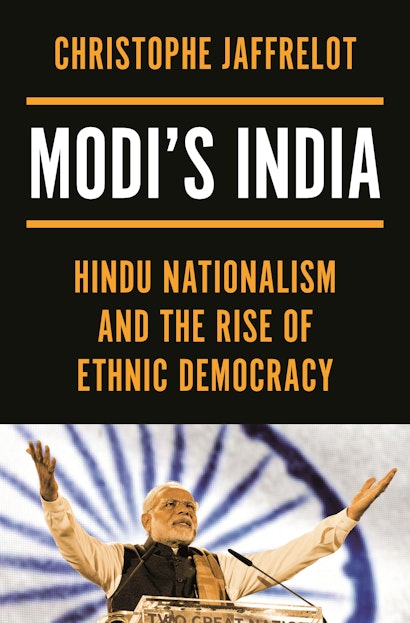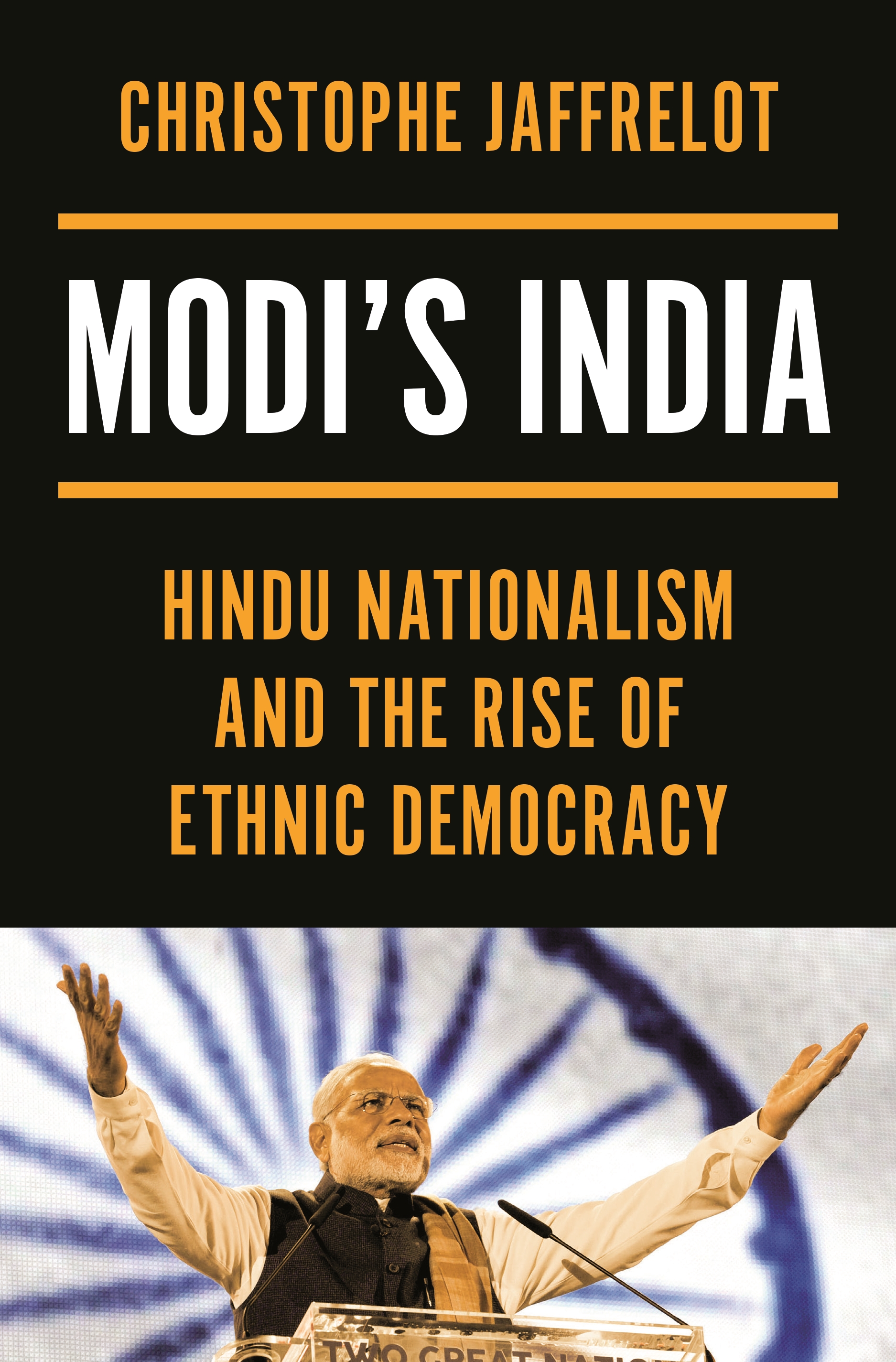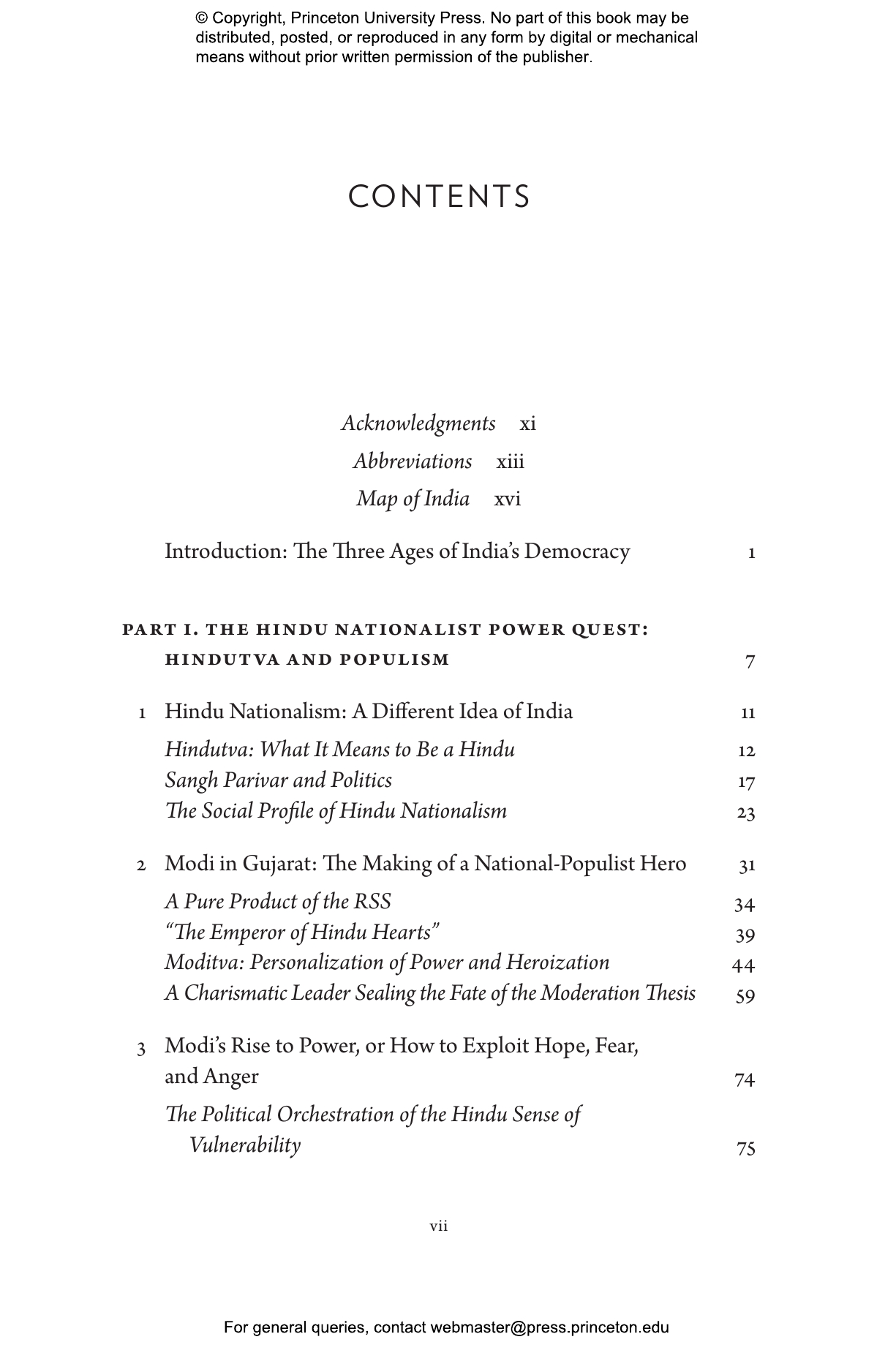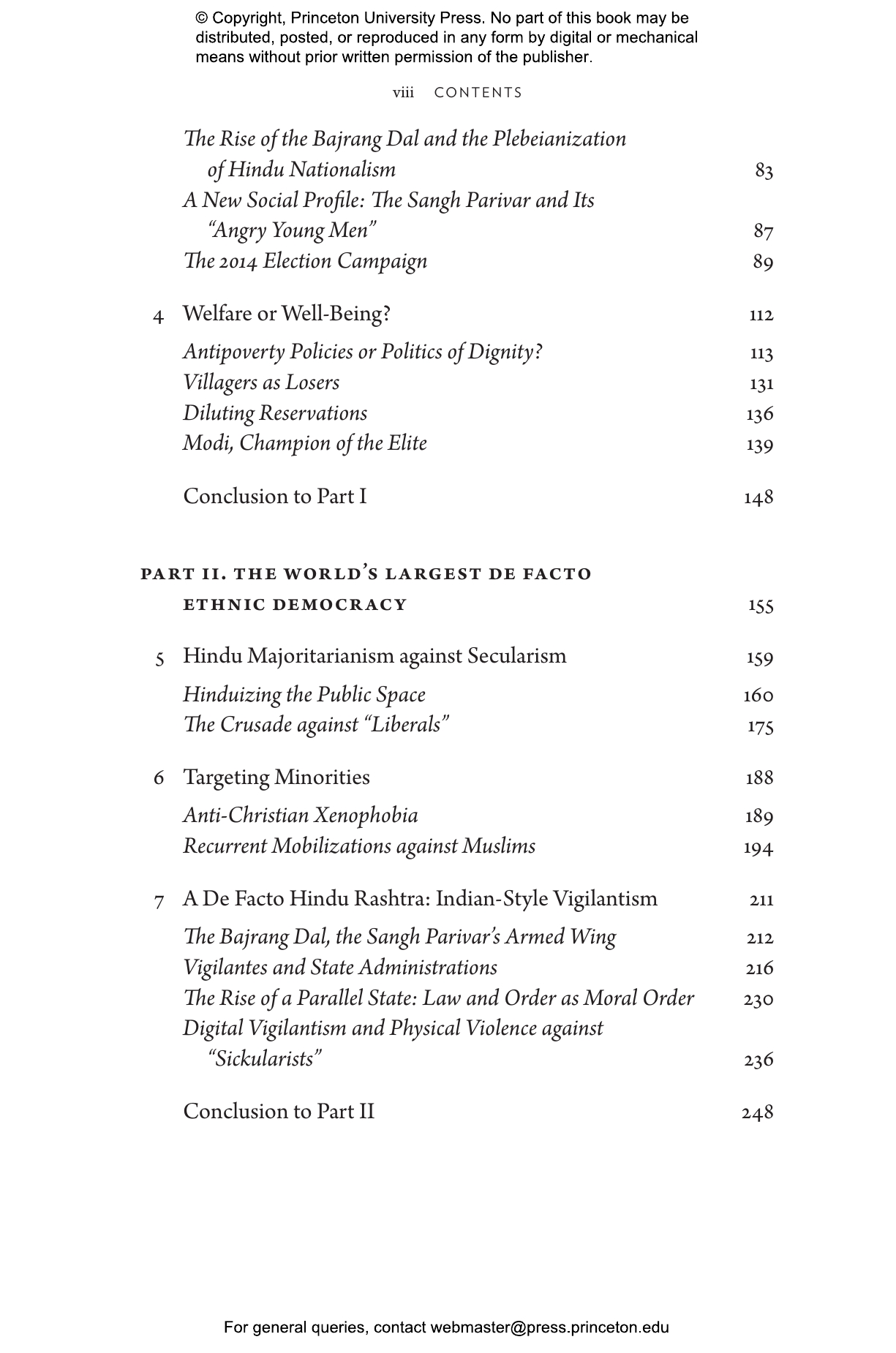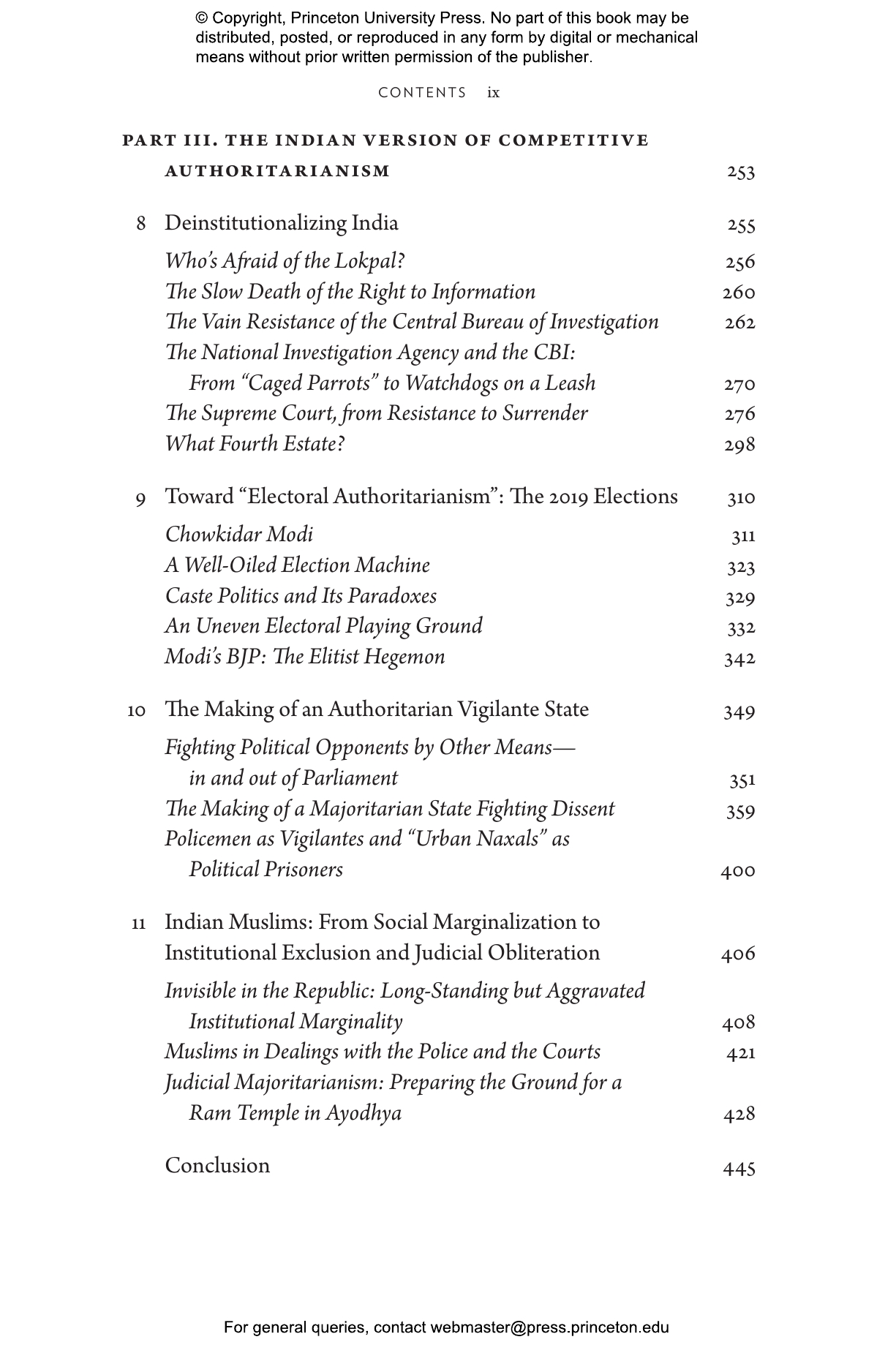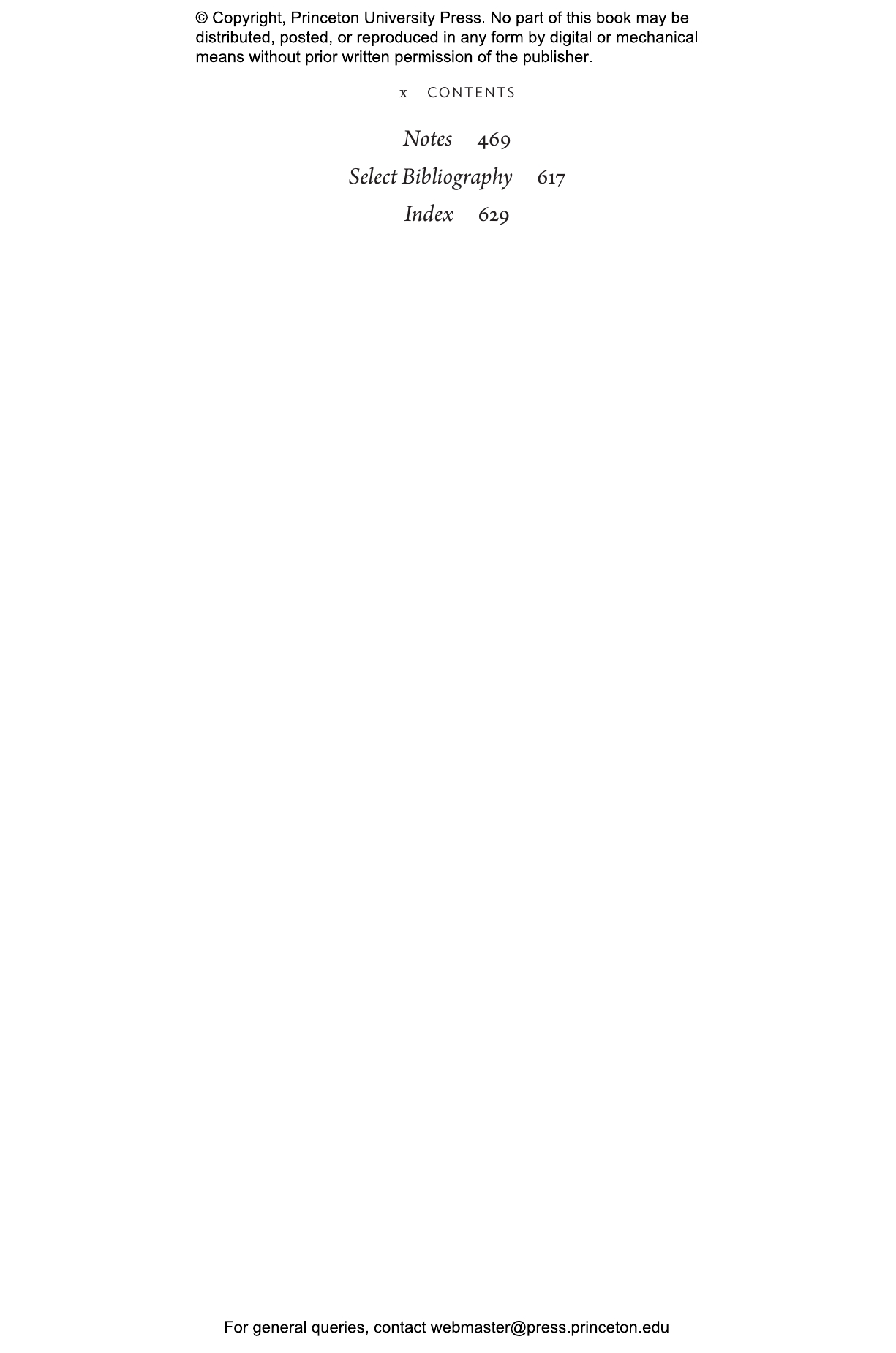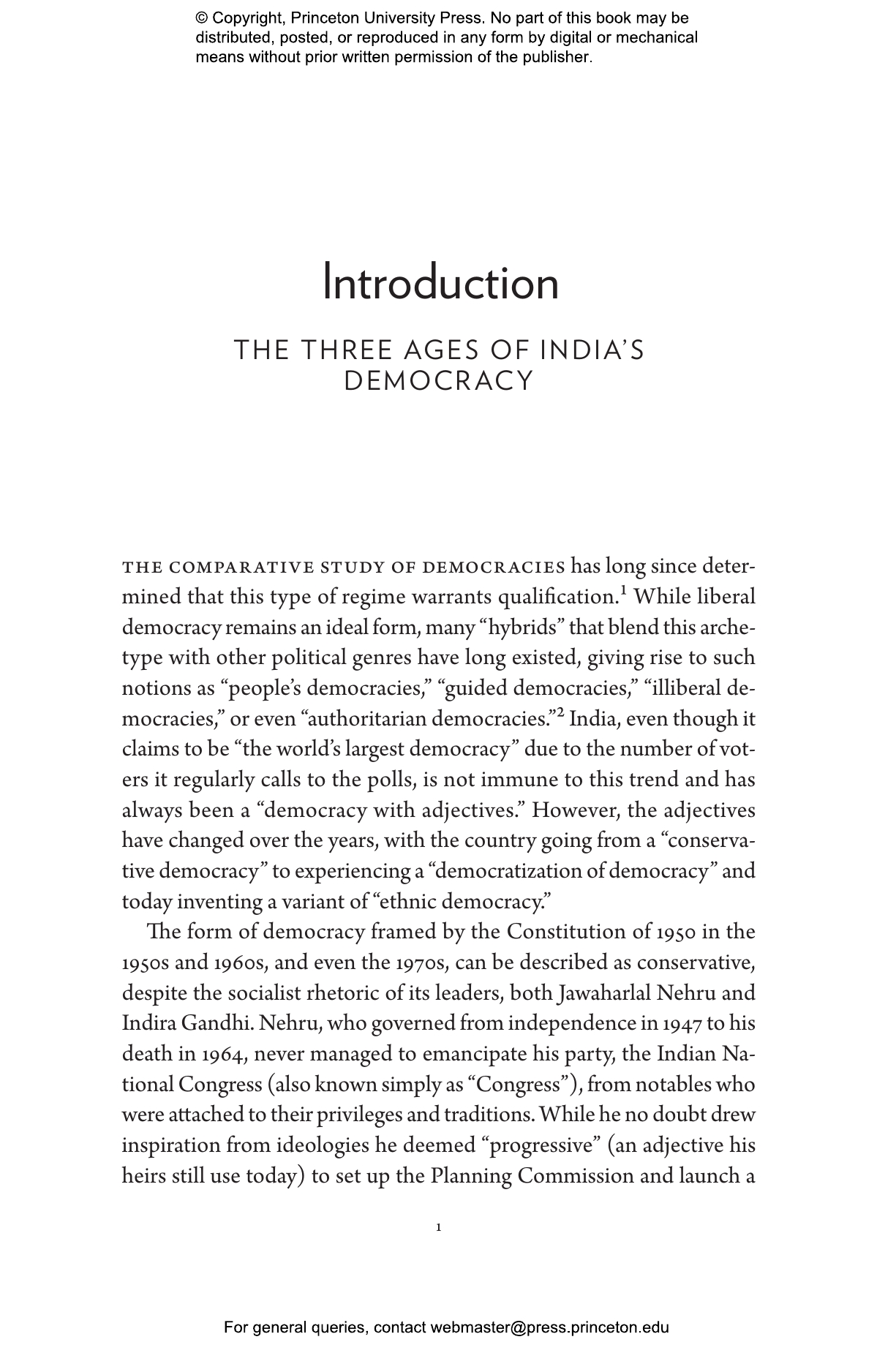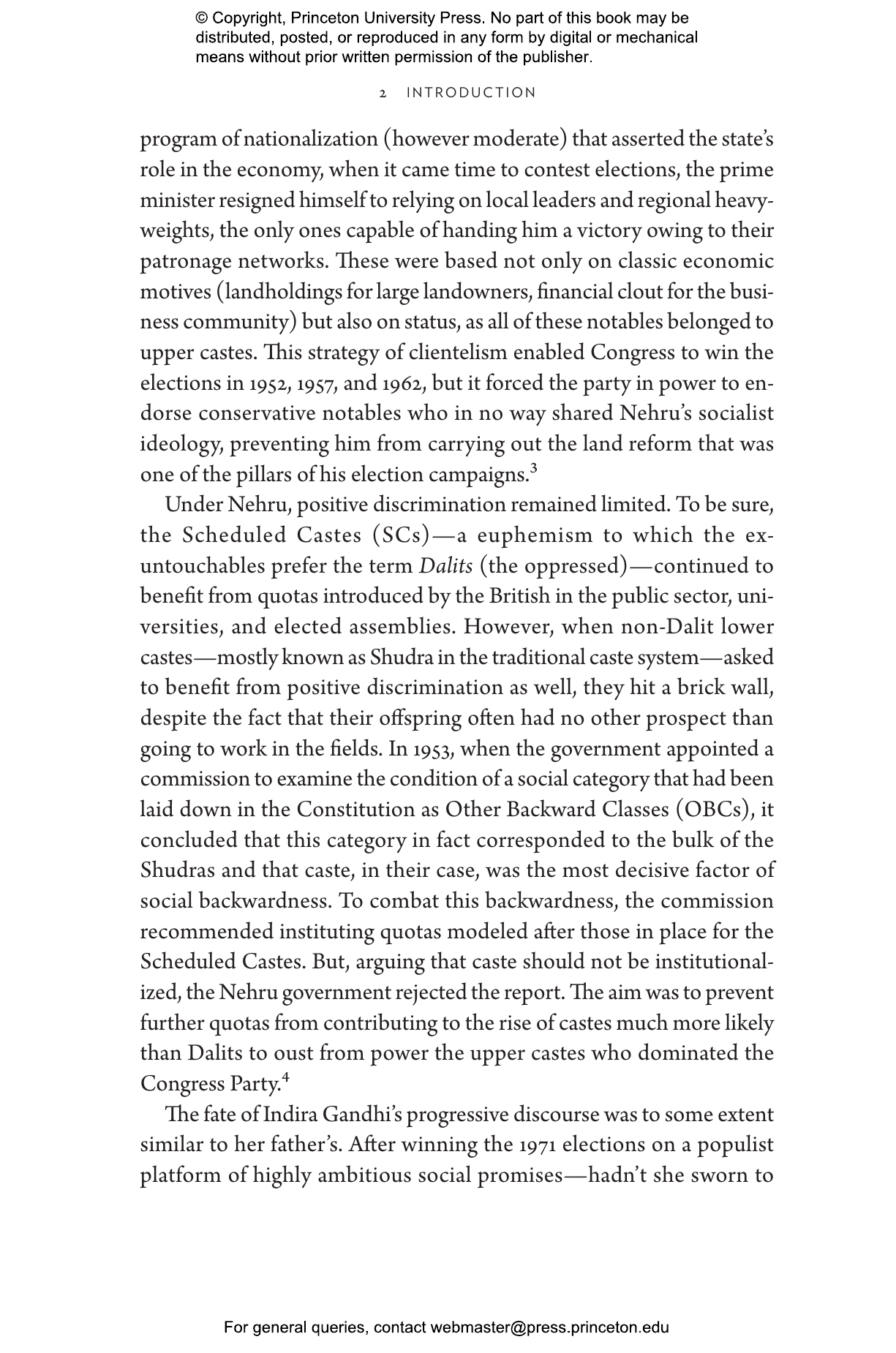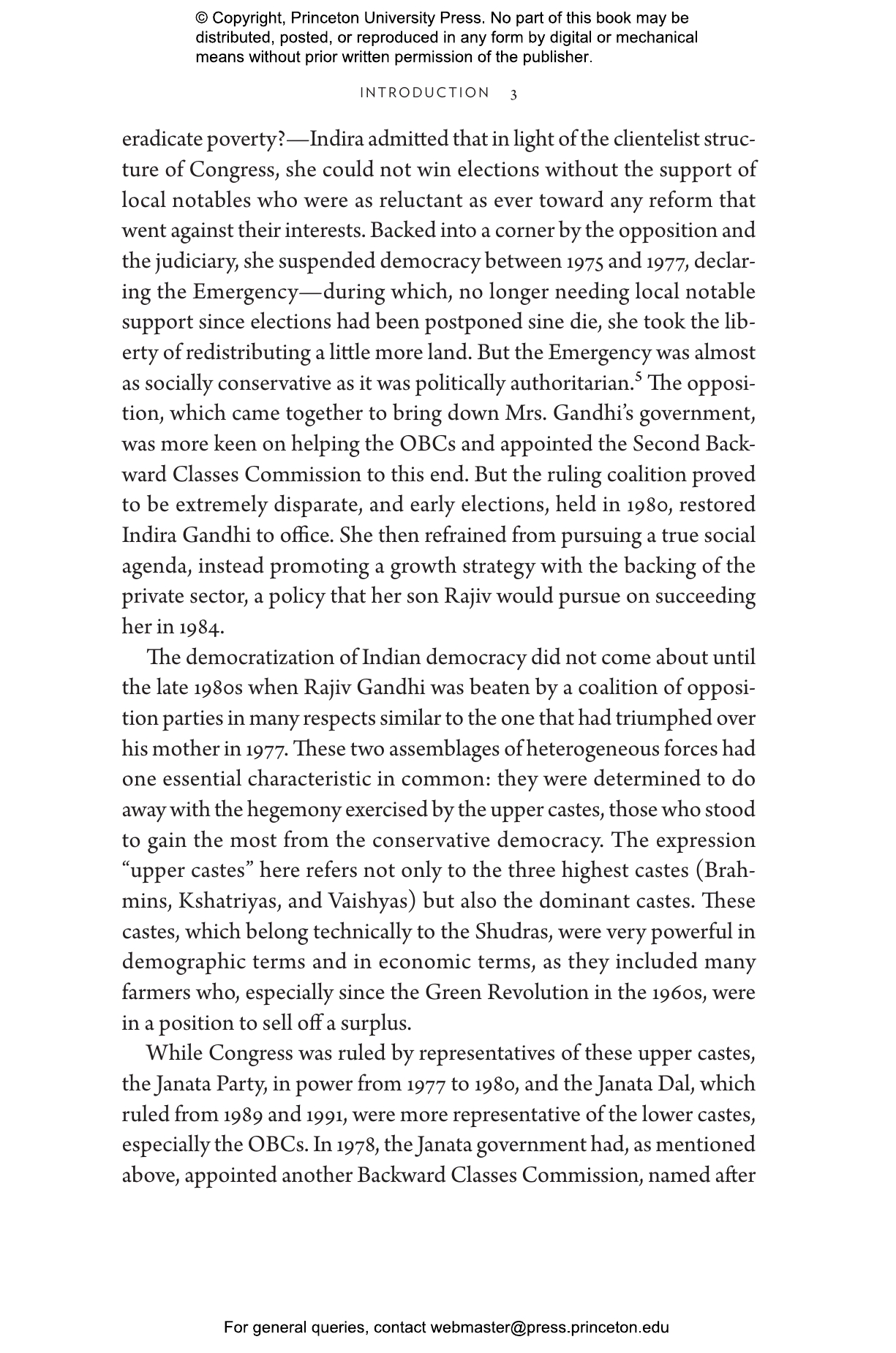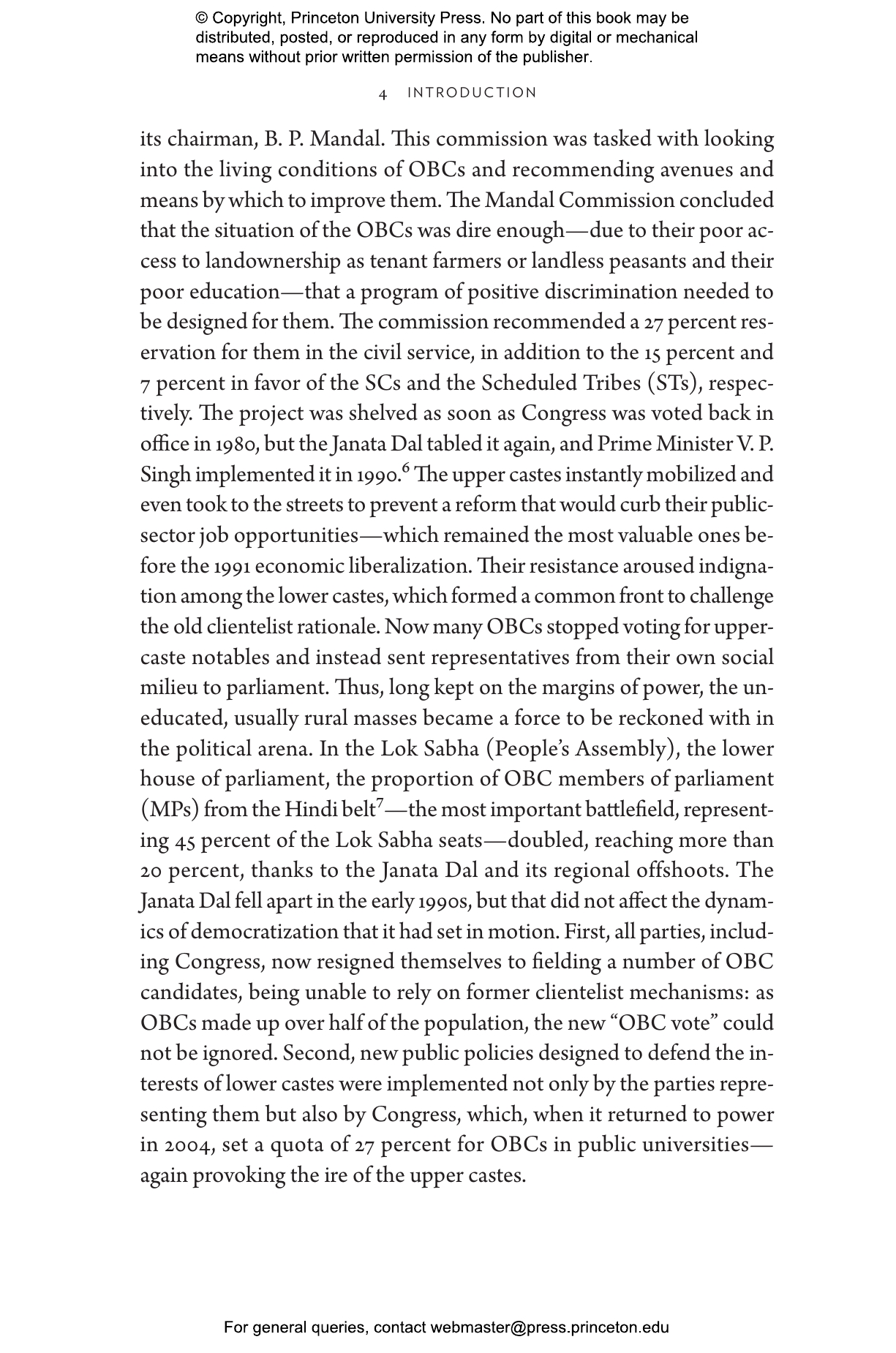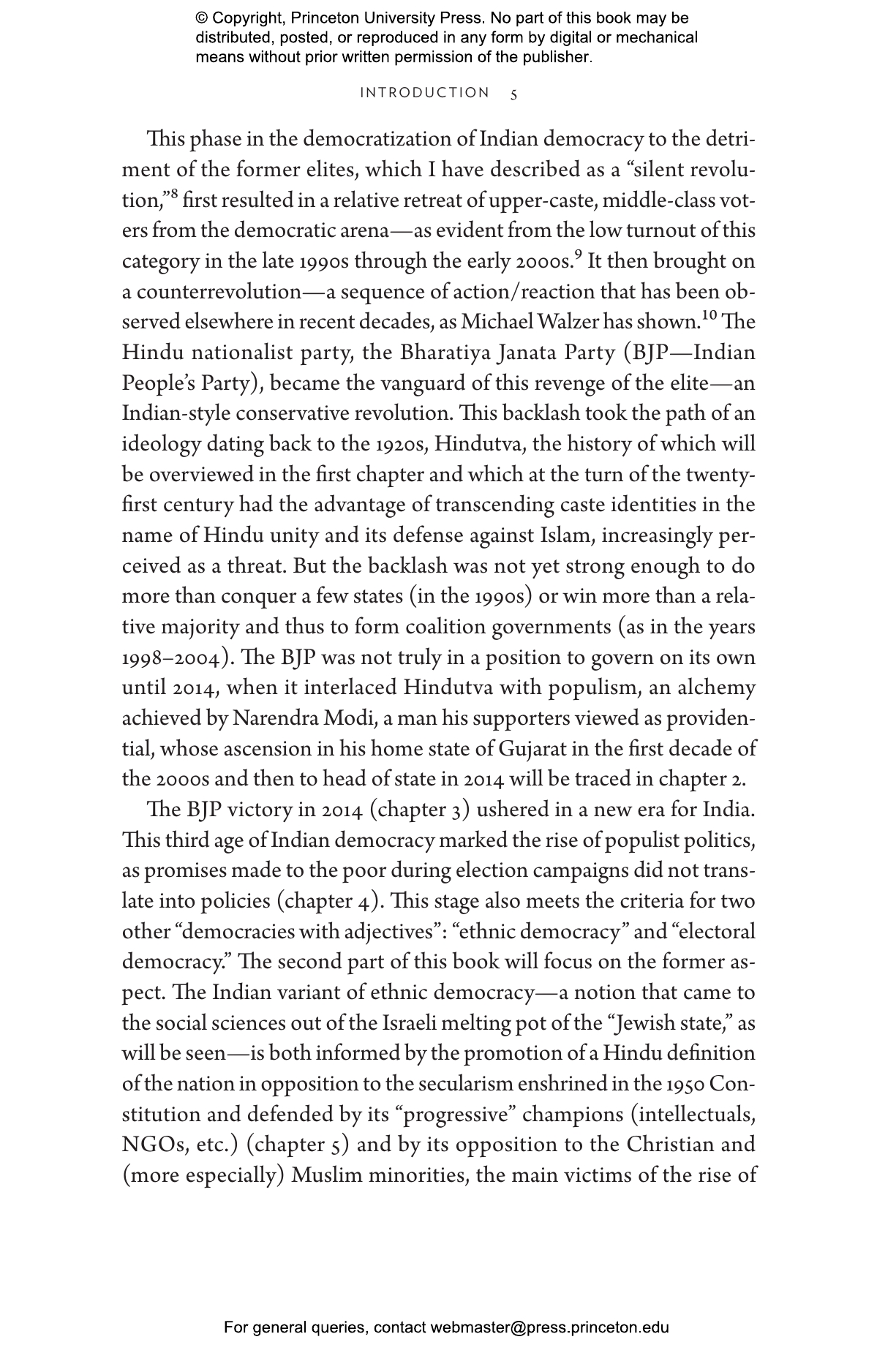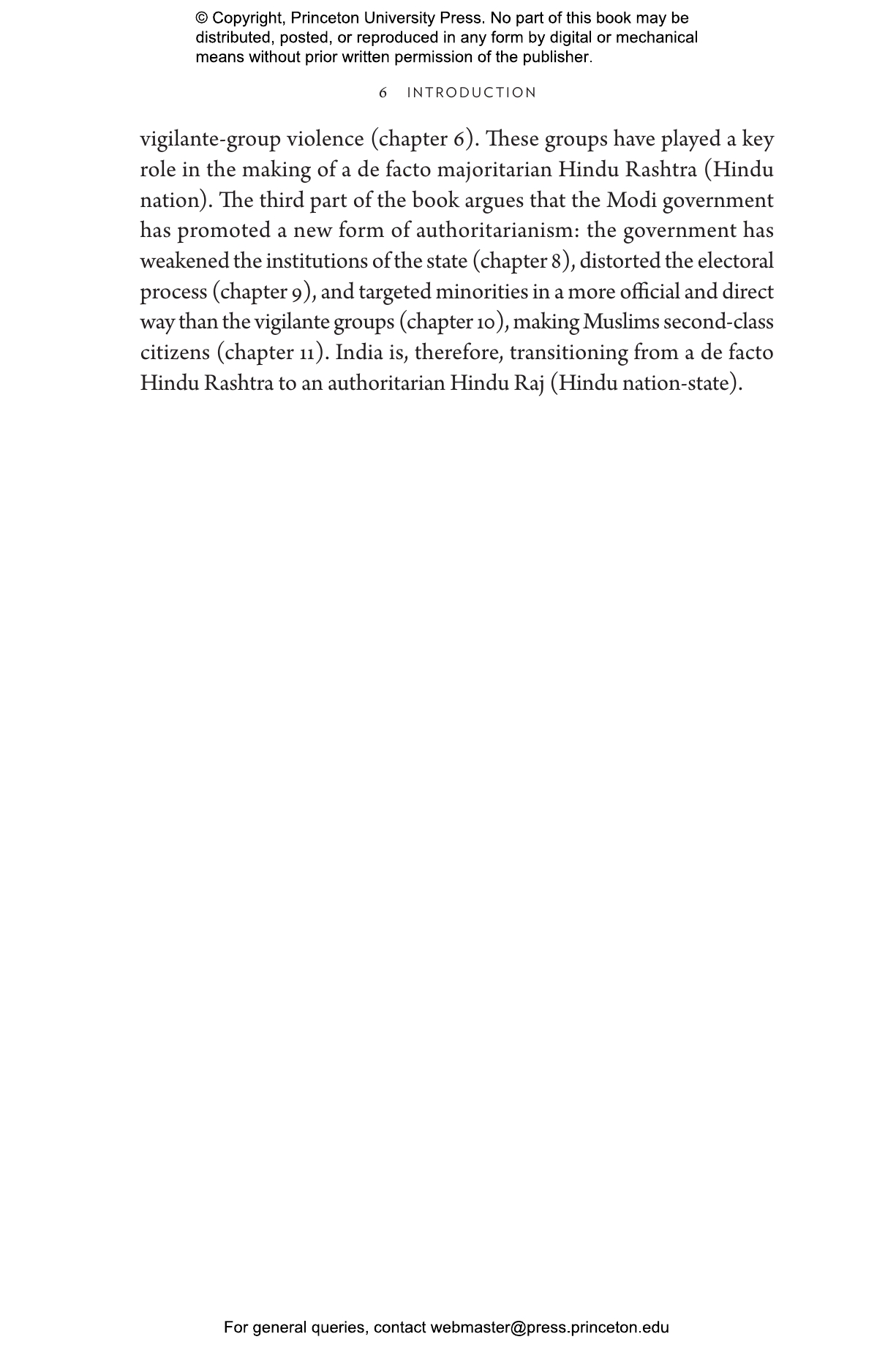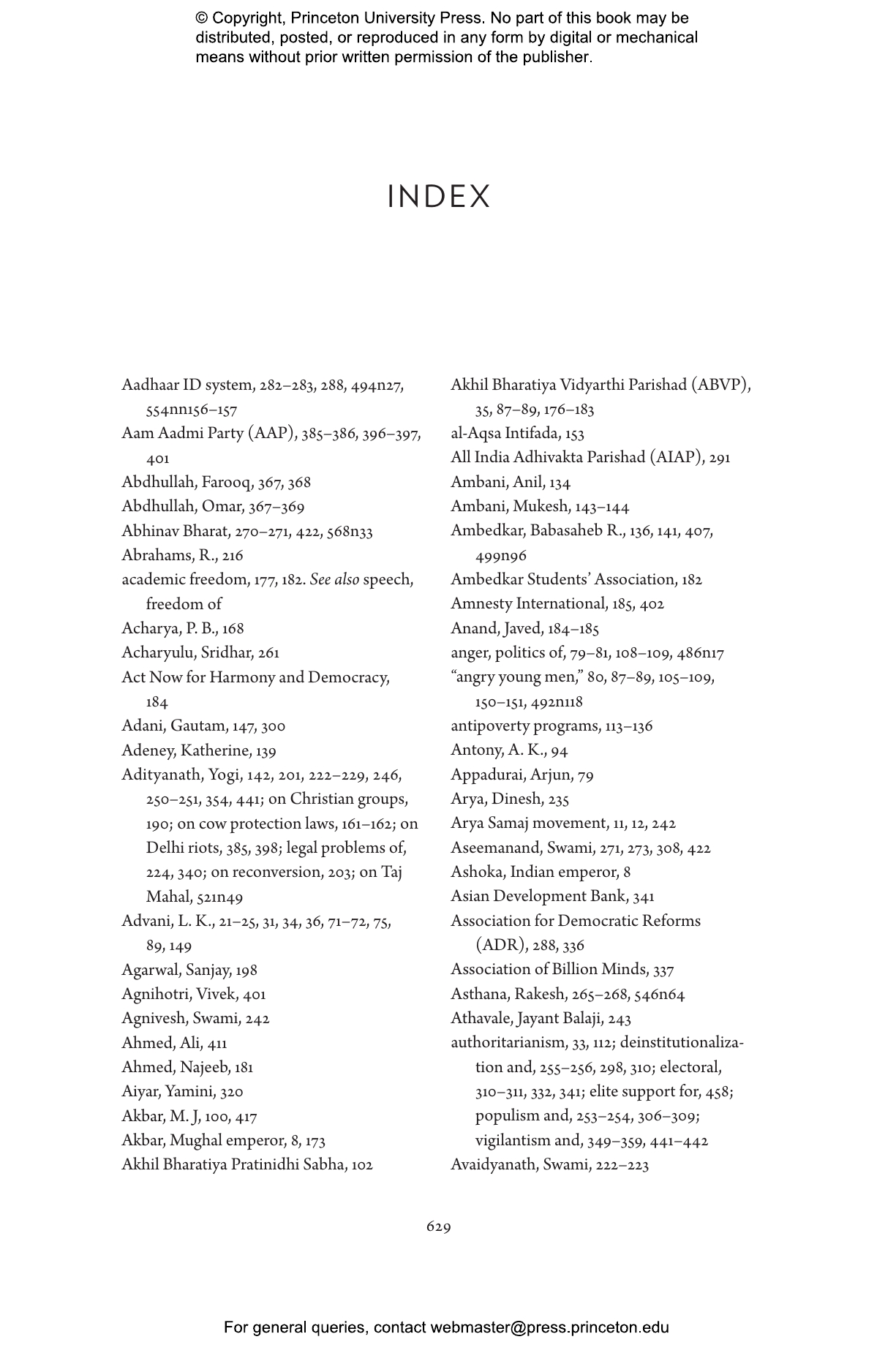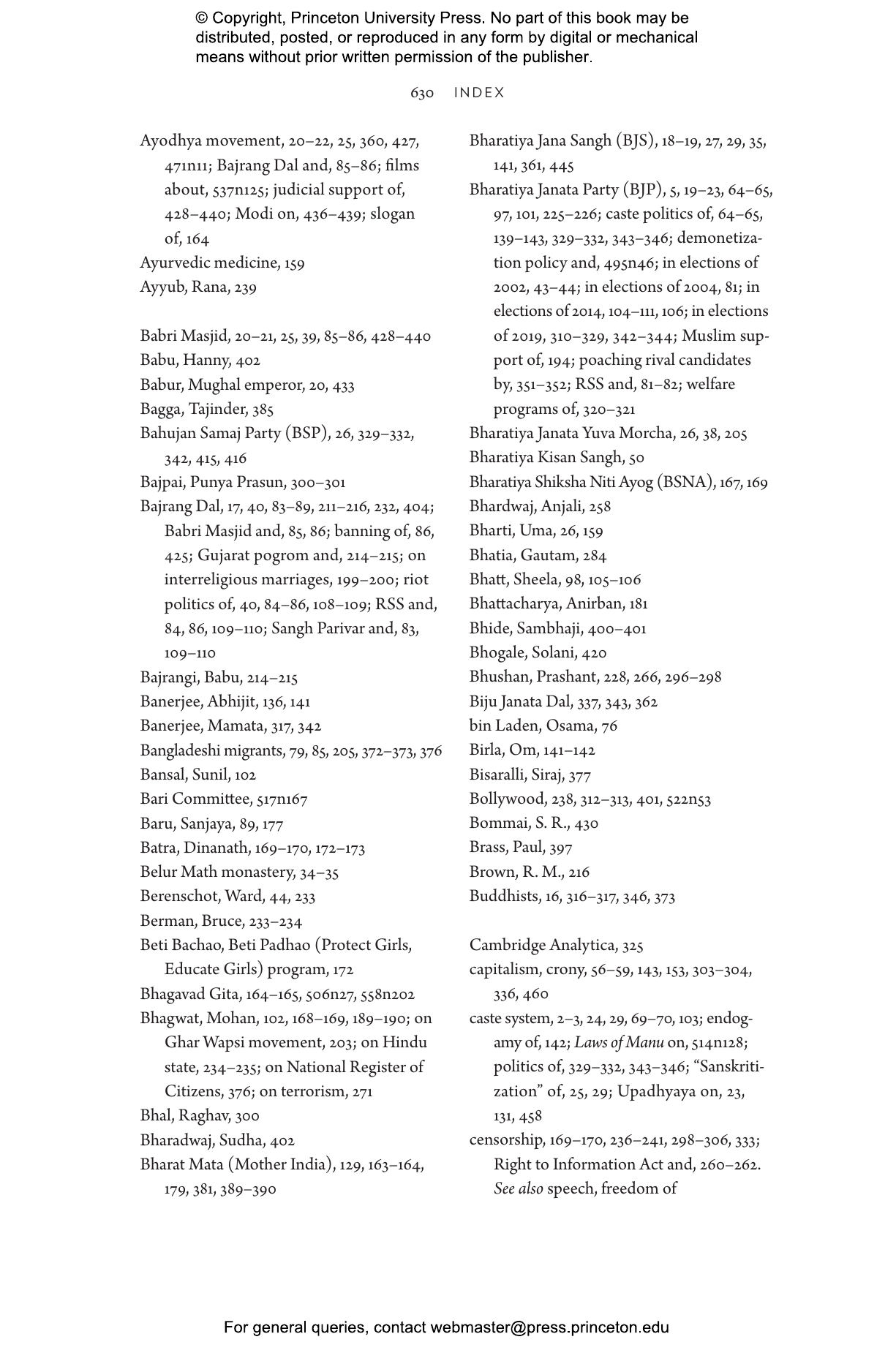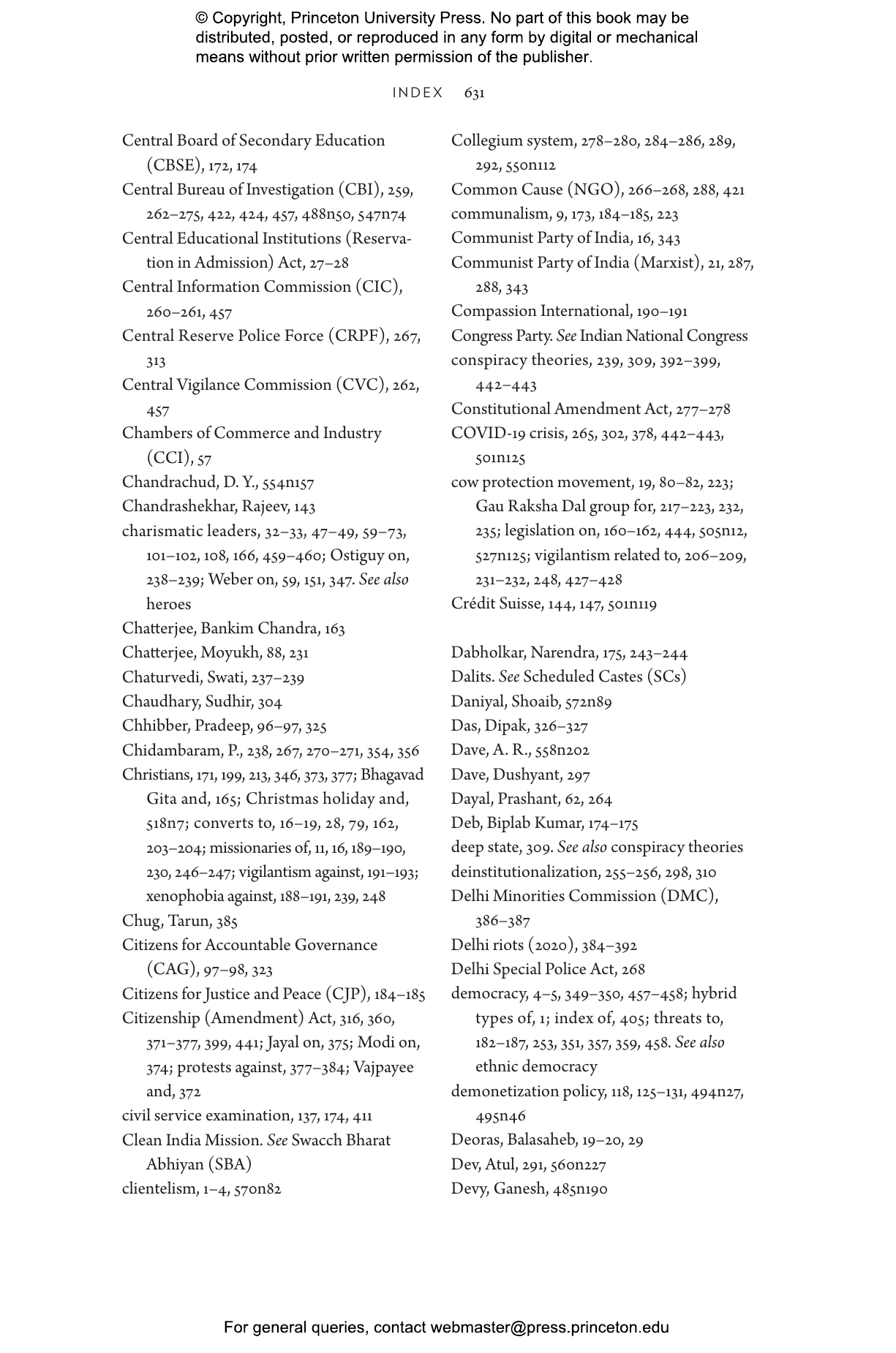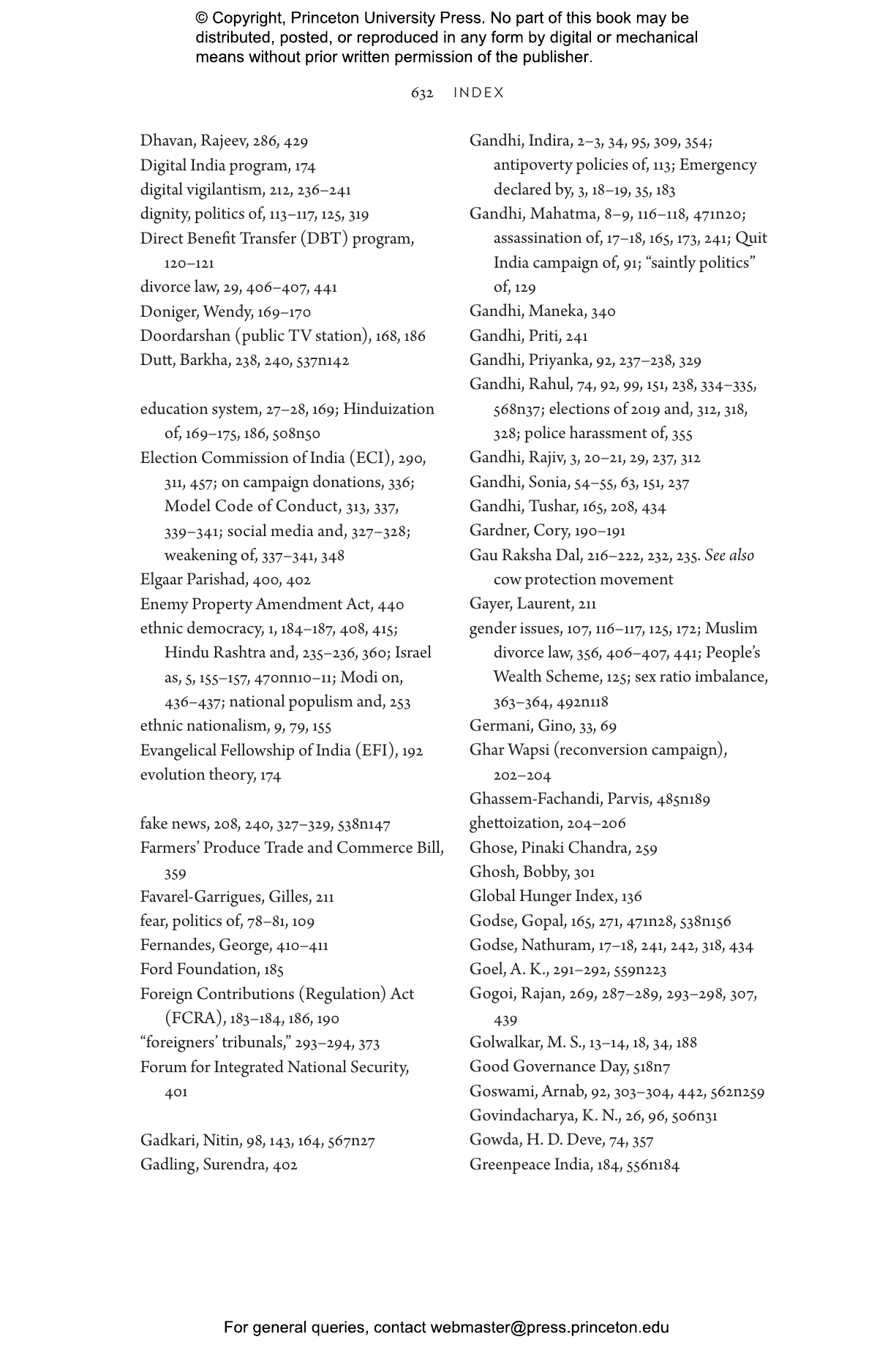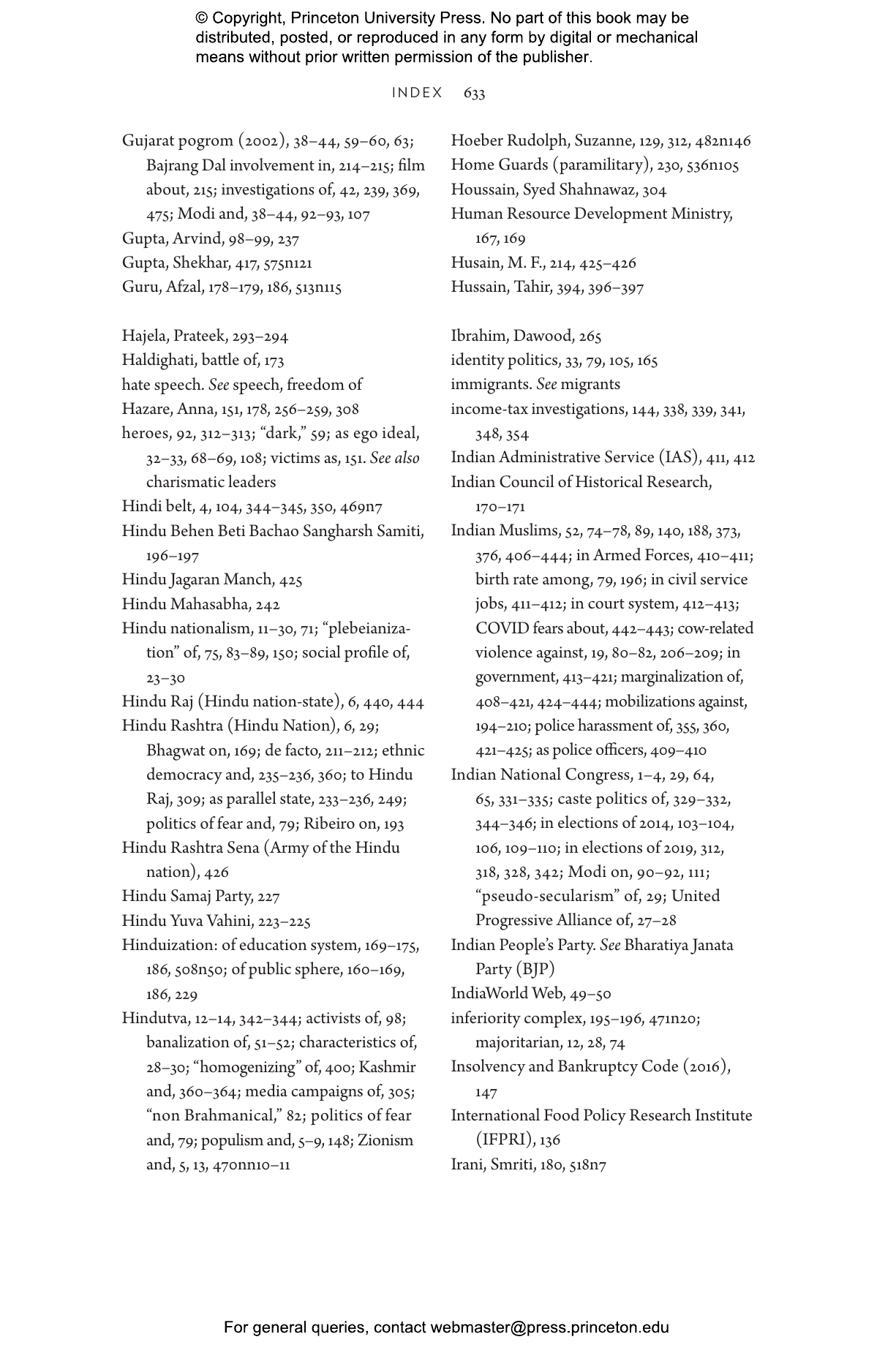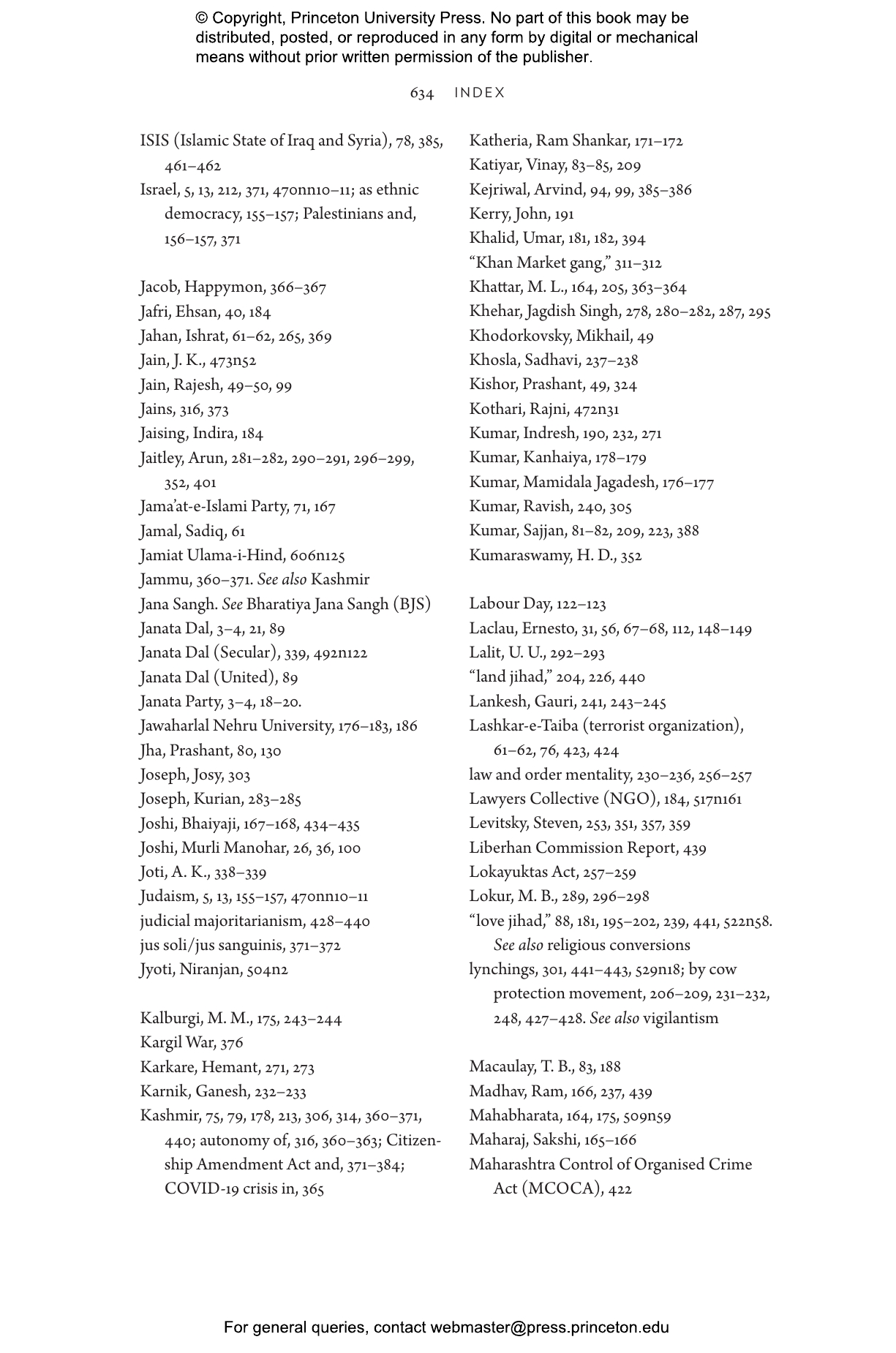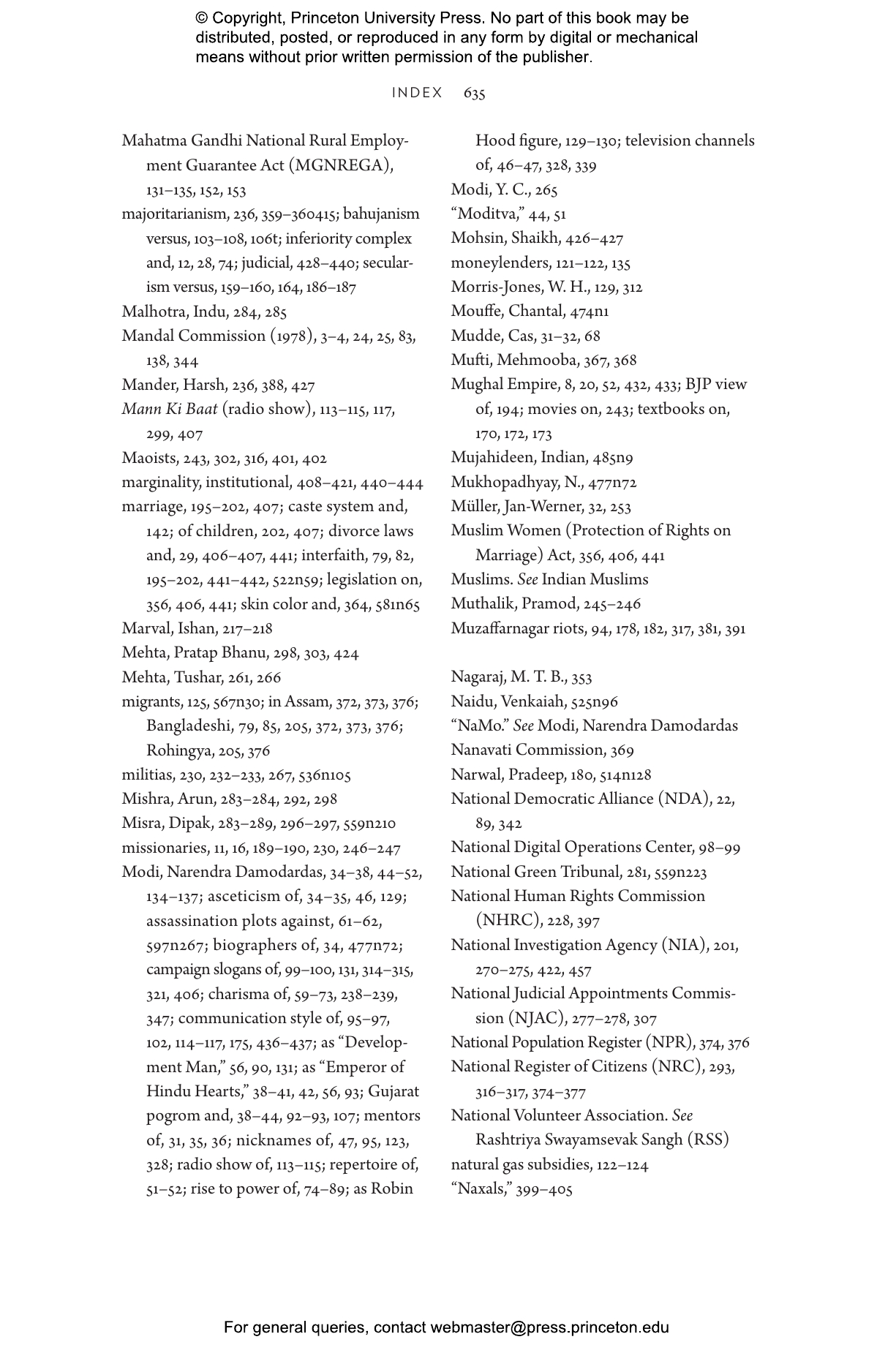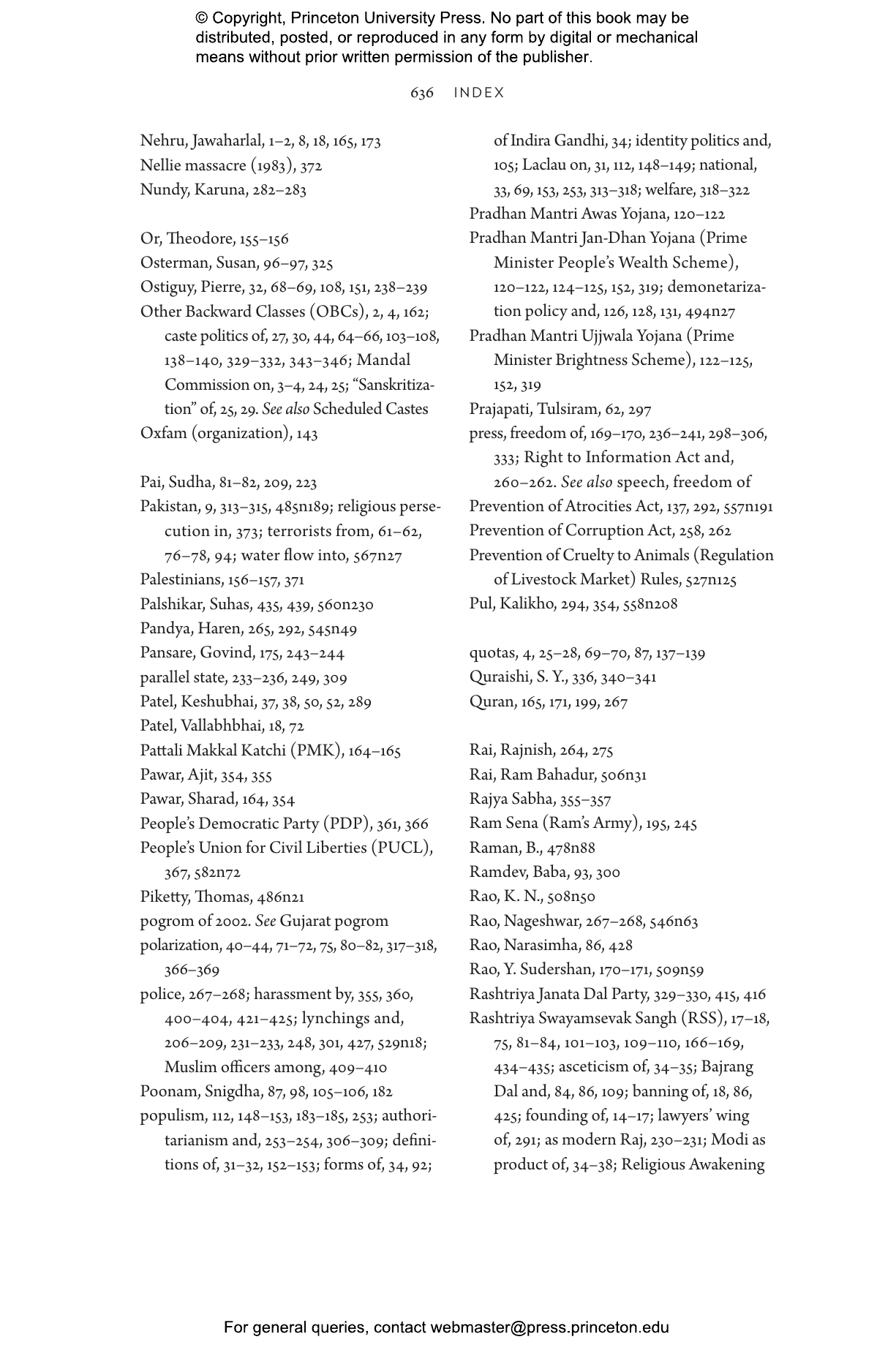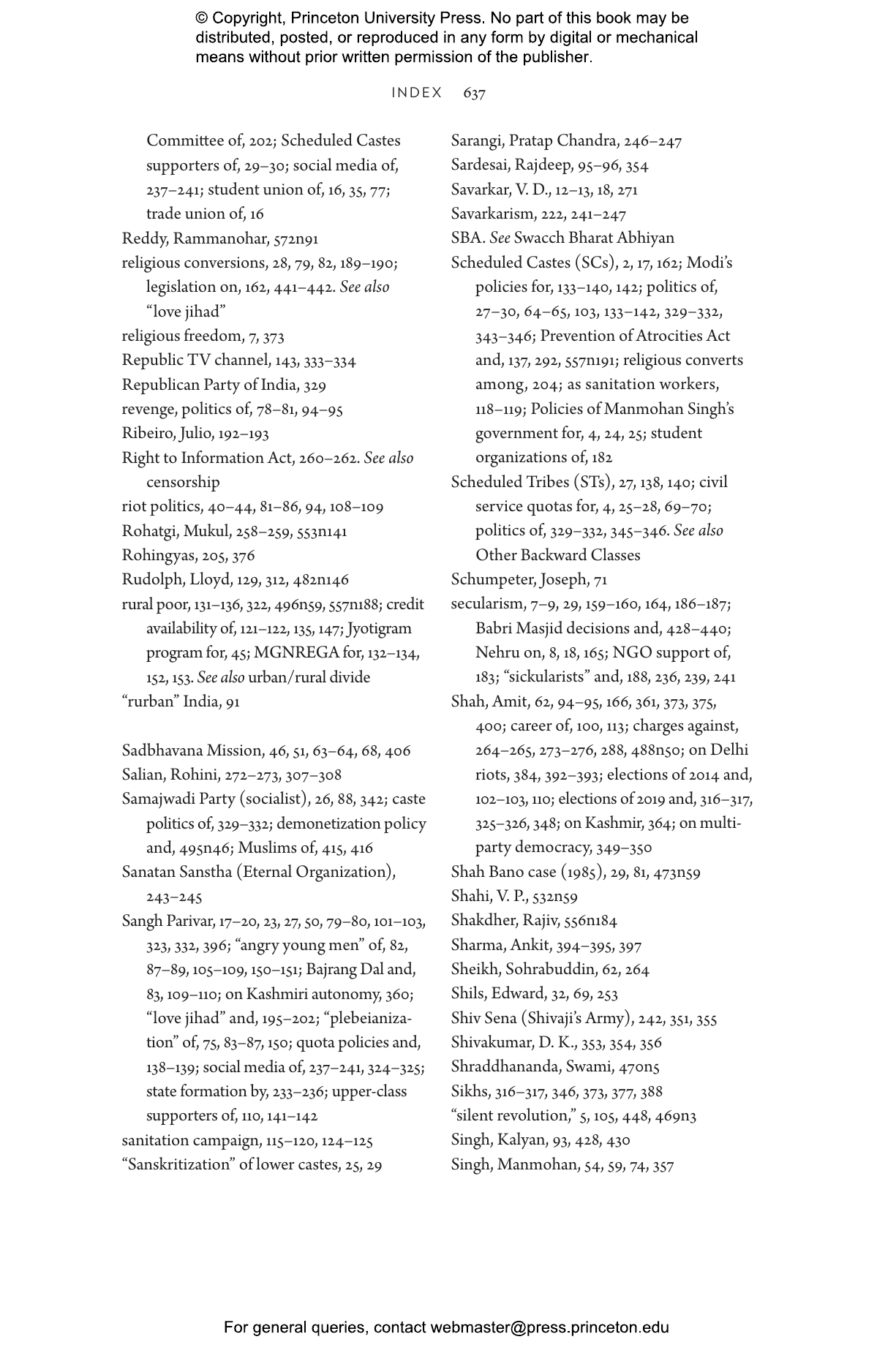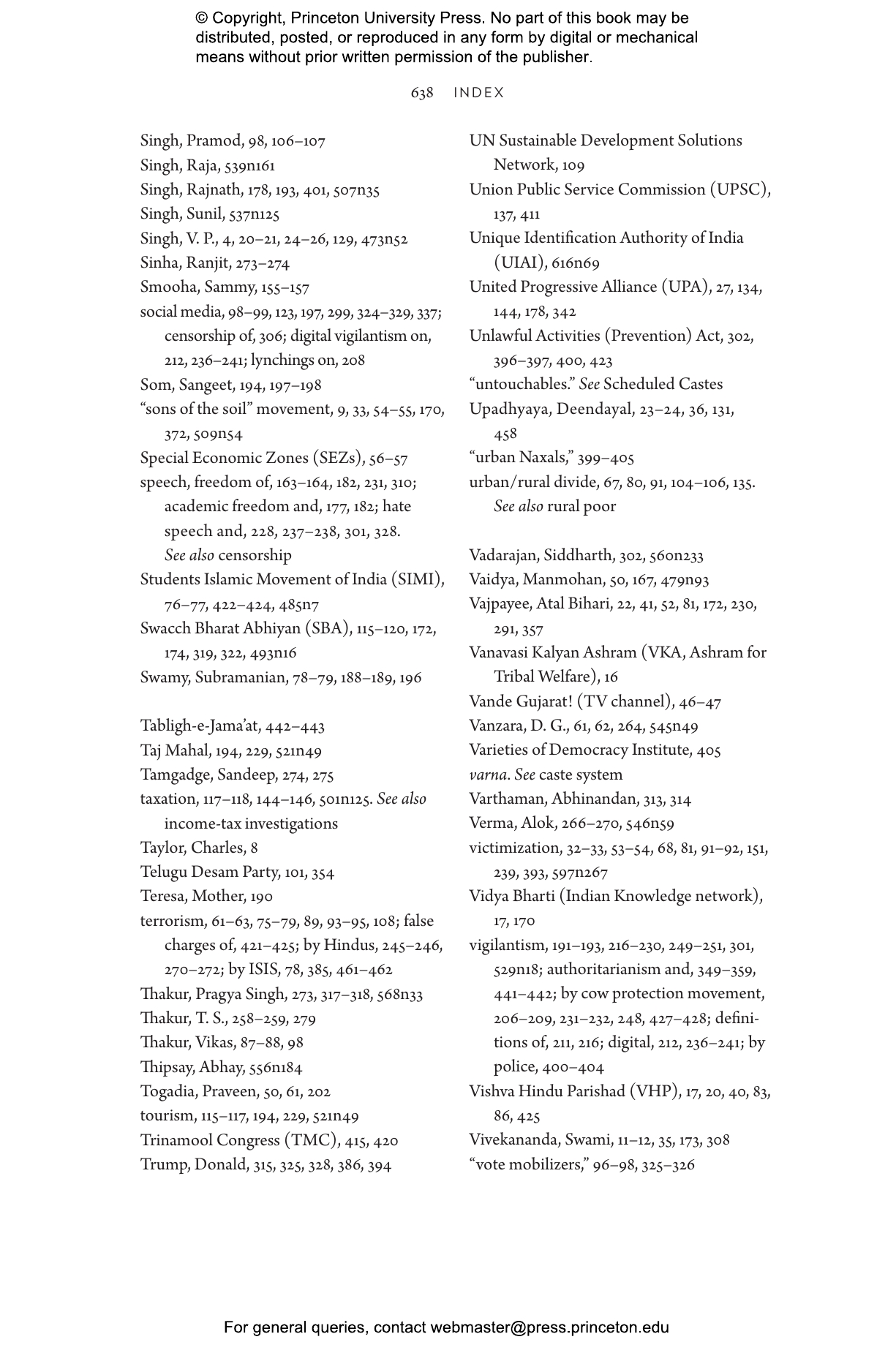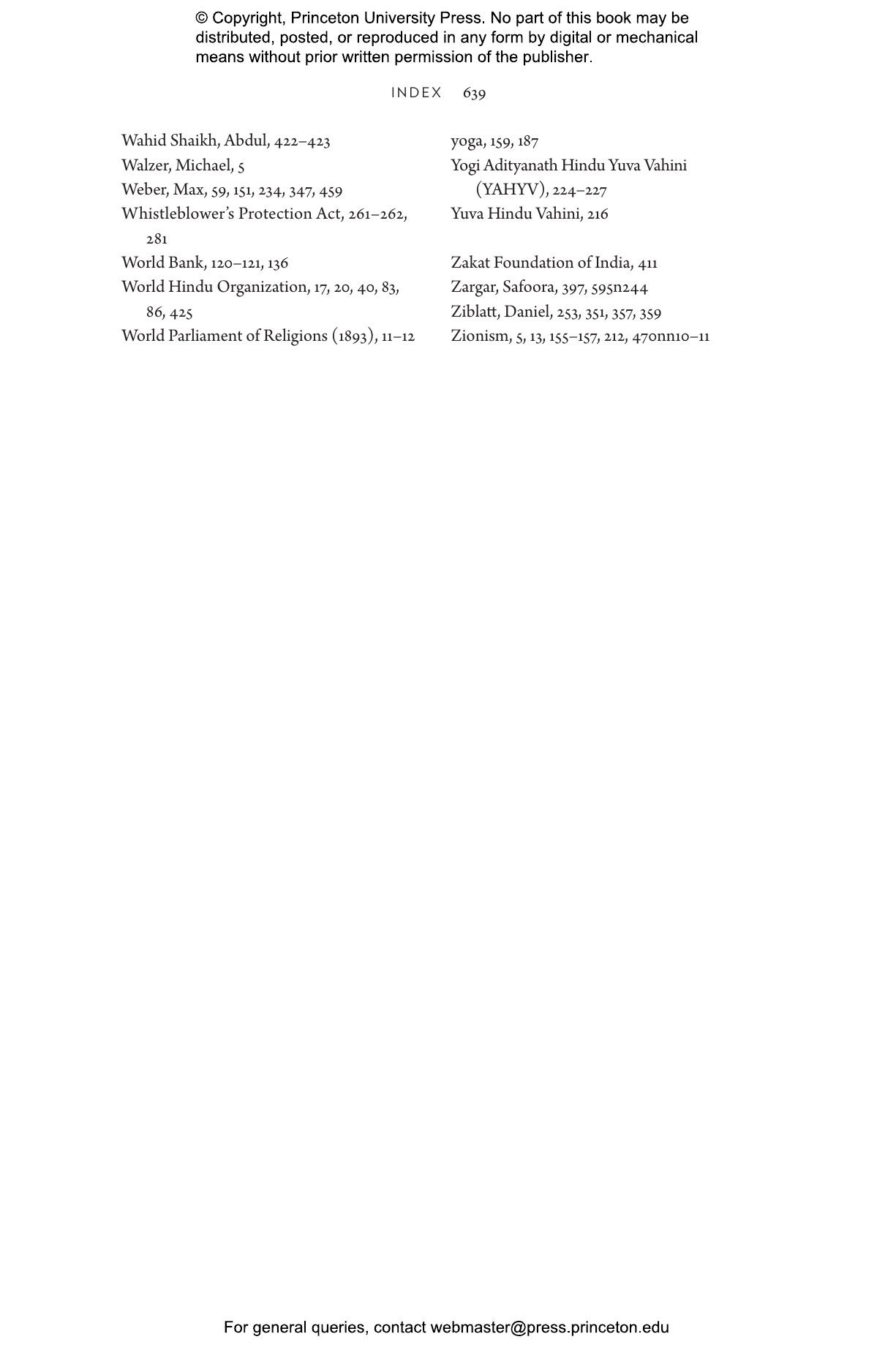Over the past two decades, thanks to Narendra Modi, Hindu nationalism has been coupled with a form of national-populism that has ensured its success at the polls, first in Gujarat and then in India at large. Modi managed to seduce a substantial number of citizens by promising them development and polarizing the electorate along ethno-religious lines. Both facets of this national-populism found expression in a highly personalized political style as Modi related directly to the voters through all kinds of channels of communication in order to saturate the public space.
Drawing on original interviews conducted across India, Christophe Jaffrelot shows how Modi’s government has moved India toward a new form of democracy, an ethnic democracy that equates the majoritarian community with the nation and relegates Muslims and Christians to second-class citizens who are harassed by vigilante groups. He discusses how the promotion of Hindu nationalism has resulted in attacks against secularists, intellectuals, universities, and NGOs. Jaffrelot explains how the political system of India has acquired authoritarian features for other reasons, too. Eager to govern not only in New Delhi, but also in the states, the government has centralized power at the expense of federalism and undermined institutions that were part of the checks and balances, including India’s Supreme Court.
Modi’s India is a sobering account of how a once-vibrant democracy can go wrong when a government backed by popular consent suppresses dissent while growing increasingly intolerant of ethnic and religious minorities.
Christophe Jaffrelot is director of research at CERI-Sciences Po/CNRS in Paris, professor of Indian politics and sociology at King's College London, and a nonresident scholar at the Carnegie Endowment for International Peace. His books include The Pakistan Paradox: Instability and Resilience and Hindu Nationalism: A Reader (Princeton). He lives in Le Chesnay, France. Twitter @jaffrelotc
"Modi’s India is a masterpiece of careful research."—James Crabtree, Financial Times
"The most comprehensive study of Modi’s India to date offers a bleak and unsparing view of the direction of the country."—Gideon Rachman, Financial Times, Best Books of The Year 2021
"Christophe Jaffrelot’s book is a work of outstanding scholarship, a formidable documentation and compelling commentary on how India has changed in the first seven years under the leadership of Narendra Modi. . . .it is only a scholar of exceptional assurance and erudition who would attempt such an audaciously comprehensive, contemporary history written in real-time rather than with hindsight, and succeed simultaneously to inform, stir and provoke his readers."—Harsh Mander, Telegraph of India
"Modi’s India is an exhaustive account of contemporary Indian politics, which impressively draws on numerous sources and examines a range of issues . . . . this work emerges as an important contribution to the study of the future of democracy in India and beyond."—Pratim Ghosal, Commonwealth & Comparative Politics
"The strengths of this book are many."—Stephanie Duclos-King, Religious Studies Review
"If you read only one book on this list, make it this one."—Economist
"Modi's India is essential for understanding the trajectory and significance of India's twenty-first-century politics. Jaffrelot is the leading international scholar of Hindu nationalism, and this book is one of his most important."—Sunil Khilnani, author of Incarnations: A History of India in Fifty Lives
"A major and absolutely vital contribution. Modi's India is quite simply the most detailed, theoretically sophisticated, and comprehensive analysis of the rise of Modi's BJP as a dominant electoral force."—Patrick Heller, author of The Labor of Development: Workers and the Transformation of Capitalism in Kerala, India
“This is the most comprehensive account to date of Narendra Modi’s capture and consolidation of power as India’s supreme national-populist leader. Jaffrelot shows with great precision how Modi has successfully mobilized the resentment of a younger generation unable to enter the glittering world of consumption while linking the promise of capitalist growth to the cultural agenda of Hindu nationalism. A magisterial volume.”—Partha Chatterjee, Columbia University
